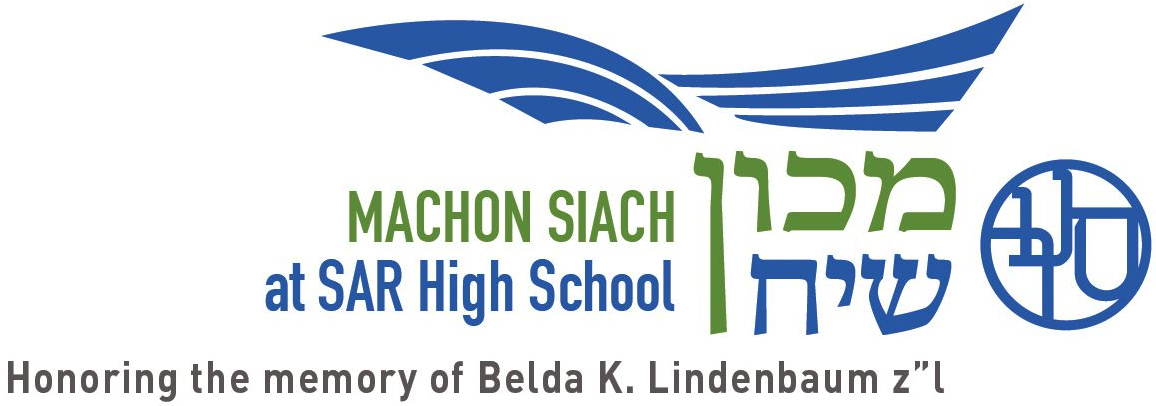
An In-Depth Look at Grading
In this summer edition of INSIDE THE CONVERSATION, “An In-Depth Look at Grading”, we share the important work of the Machon Siach Faculty Beit Midrash on Grading. The Grading group researched the history of grading and examined its impact on our school culture. Several members of the group explored a number of possible alternatives to standard grading. This edition features three papers produced by Faculty Beit Midrash members and a recording of Machon Siach’s recent convening on The Grading Ecosystem.
We invite you to READ. WATCH. SHARE.

RABBI TULLY HARCSZTARK’S paper, “Disrupting the Grading Ecosystem”, examines the history of grading and the different roles that grading has played. The paper acknowledges that we all contribute to the stressful culture of American schooling rooted in high stakes grading.
MR. DAVID STEERE’S paper “Peer Assessment in AP Government and History Classes” articulates how grading can be problematic, especially in advanced courses like APs, where students’ high achievement can lead to undue focus on grading. By describing the methodology and results of a peer grading approach, Mr. Steere offers an alternative to current classroom hierarchies that attunes students to the purpose and meaning of grades as a reflection of learning.
DR. VICTOR PARKINSON’S paper “Objectivity and Subjectivity in Grading” describes a rubric-based, year-long grading experiment that emphasizes discrete skills rather than the broader and less defined categories promoted by letter grades. With detailed disciplinary insight, this paper demonstrates how enumerating the precise aptitudes within each letter grade can increase student self-awareness and prompt improvement in specific areas of learning.
WATCH… We are pleased to share the first session of the Machon Siach Convening on The Grading Ecosystem, featuring three presentations by SAR High School faculty:
- Rabbi Tully Harcsztark spoke about “The Grading Ecosystem,” Dr. Rivka Press Schwartz shared “A Report from the Classroom: What does the classroom look like when the power of grading is put down?” and Mr. Michael Courtney described “The Impact of Grading on the College Guidance Process.”
- The three presentations were followed by a brief Q&A.





